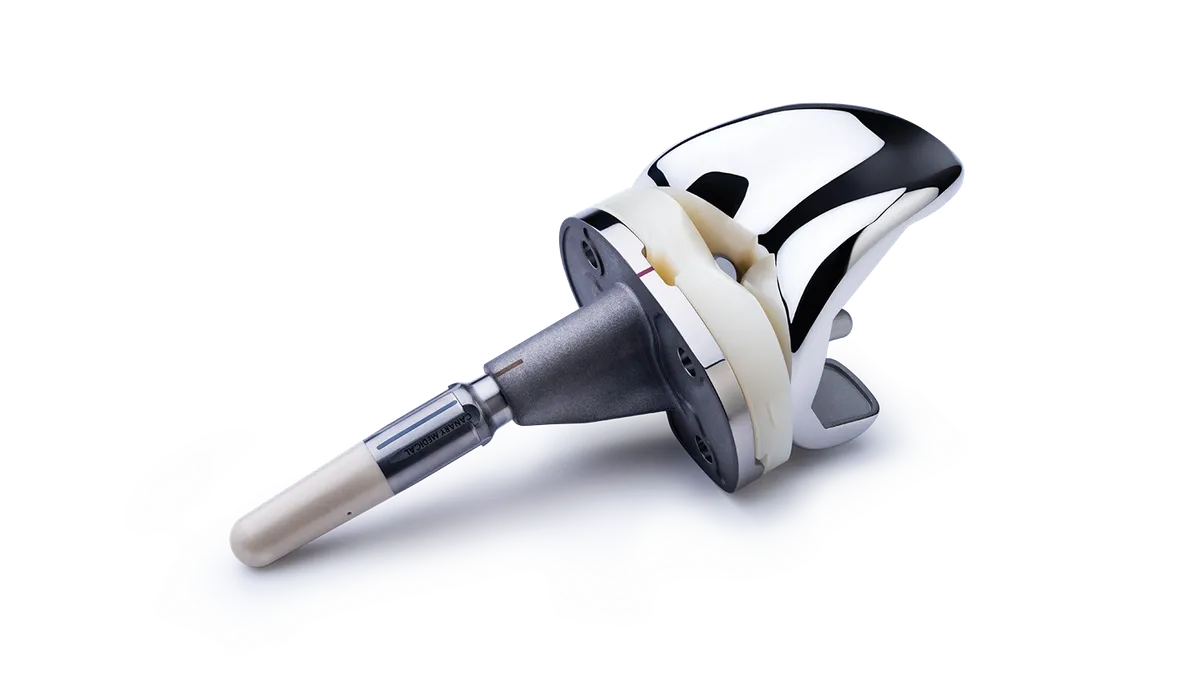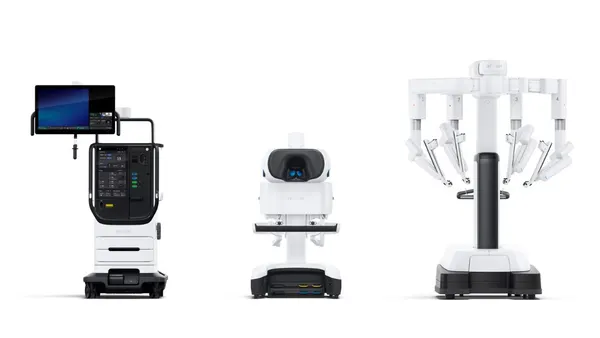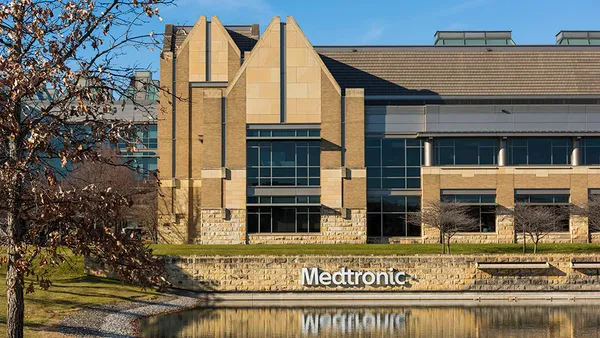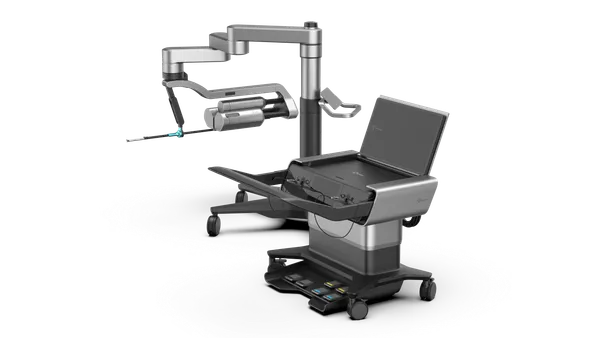Zimmer Biomet lowered its forecast for the impact of tariffs on the company this year, joining a chorus of medtech companies in doing so.
CFO Suketu Upadhyay told investors Thursday that the company now expects an approximately $40 million hit to operating profit this year. In May, the company reported an expected hit to the company in the range of $60 million to $80 million.
Zimmer’s reduced forecast takes into account mitigation efforts to minimize the impact on its businesses and lower tariff rates overall than previously expected. Upadhyay said that the forecast assumes China tariffs remain at current levels, adding that the environment remains fluid.
After setting expected tariff charges in first-quarter earnings calls — sometimes forecasting impacts of hundreds of millions of dollars — medtech companies have largely lowered their expectations on second-quarter calls. For example, Johnson & Johnson and Boston Scientific halved their forecasts, cutting the total impact by $200 million and $100 million, respectively.
Stryker, Zimmer’s orthopedics rival, had a more modest revision, reducing its expected charge to $175 million from $200 million.
The lower tariff forecast was one factor that led Zimmer to increase its guidance for adjusted earnings per share. The company now expects an adjusted EPS range of $8.10 to $8.30 for the year, up from a range of $7.90 to $8.10.
Zimmer also narrowed its revenue guidance to a range of 6.7% to 7.7%, compared with a range of 5.7% to 8.2%.
Rebound for knee, hip procedures
Zimmer’s knee segment had a modest rebound in the second quarter. After growing year over year by 0.6% in the first quarter, the segment grew by just over 3% in the second, bringing in $826 million. The segment grew at a faster clip internationally (4.8%) than in the U.S. (1.7%).
However, when questioned about Zimmer’s market position in knee procedures, CEO Ivan Tornos was encouraged by the acceleration in the U.S. The CEO said the knee business grew by 150 basis points quarter over quarter, and July had a stronger growth rate.
“Things are going in the right direction — encouraged by, not satisfied,” Tornos said. “[We] want to get back to the days where we're taking share each and every quarter. We do believe there's a pathway there.”
Tornos said the pathway includes new product introductions and new technology — like autonomous robotics that the company would acquire through its proposed acquisition of Monogram Technologies — as well as investments in products like smart implants.
The company’s hip segment rebounded from sub-1% growth as well. In the second quarter, the unit grew year over year by 5.8% to $536.1 million, compared with a year-over-year growth rate of 0.9% in the first quarter.














